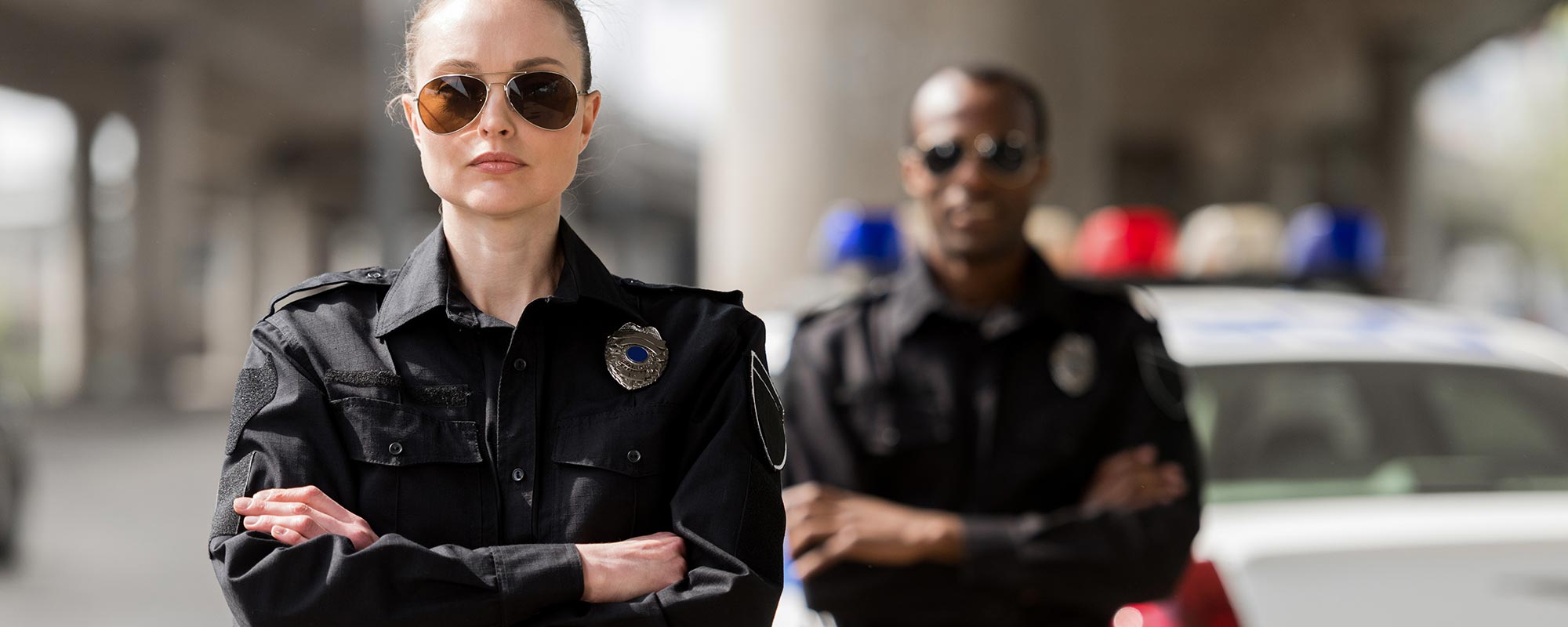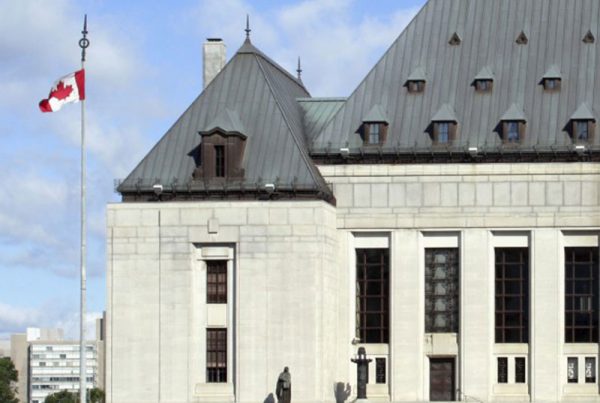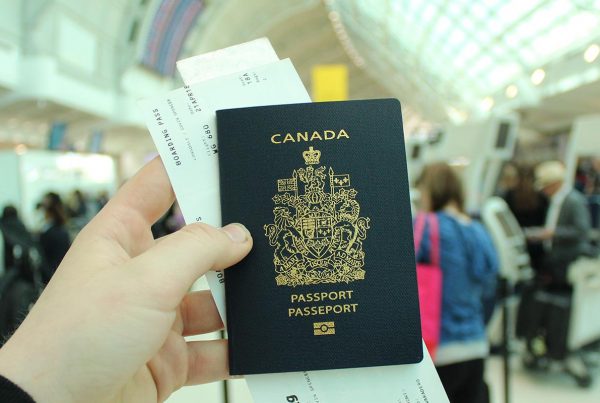A new report released this morning is urging the City of Toronto to shift resources and responsibilities away from the police and towards alternative crisis response and social support mechanisms.
The report, which is entitled Rethinking Community Safety – A Step Forward For Toronto, was spearheaded by the Toronto Neighbourhoods Centres and released in partnership with the CCLA and over 20 other community groups. CCLA’s work on the report incorporated expertise from CCLA staff members Akwasi Owusu-Bempah (Special Advisor on Anti-Black Racism), Abby Deshman (Criminal Justice Program Director) and Noa Mendelsohn-Aviv (Equality Program Director).
The report highlights that our over-reliance on the police is deepening systemic injustice. Police disproportionately stop and search members of Black and Indigenous communities. Black and Indigenous people are also more likely than white people to be arrested, jailed, subjected to the use of force, and killed as a result of police interaction. In Toronto, 60% of deadly encounters with police, and 70% of fatal police shootings that occurred between 2013 and 2017 involved Black people, making them nearly 20 times more likely than a white person to be involved in a fatal shooting.
The disproportionate impact of policing can be particularly pronounced for Black, racialized and Indigenous individuals who also identify as part of other overpoliced communities, including youth, people who experience mental illness, and the underhoused. Over ten percent of police use of force incidents occur in the course of a police response to a mental health crisis. There are too many tragic examples of individuals who needed help being shot and killed by police.
In a wide range of situations, sending the police fails to meaningfully contribute to community safety.
People experiencing homelessness, for example, are intensively policed. People without homes have on average 42 interactions with police per year – just over 10 times as often as everyone else. In a city like Toronto that adds up to over 360,000 interactions, about 10% of all police contacts. Policing of this population is mostly for “quality of life” infractions that are simply a consequence of their having nowhere else to go – sleeping or drinking in public, or trying to stay warm in cafés or malls. In Toronto as many as 16,000 tickets for minor infractions have been issued to people experiencing homelessness in a single year. Over 90% of those tickets will never be paid, but the cost of issuing and processing the tickets is somewhere in the range of $2 million per year. Overall more than $100 million dollars per year is spent policing this population – with little positive impact on public safety
Numerous cities have implemented programs that send civilian community outreach workers to 911 calls relating to those experiencing homelessness, instead of using police as the primary response. The outreach workers focus not on charges or penalties but on linking individuals with the services they need to get off the street.
The results of these approaches are impressive. Evaluations show that these types of programs succeed at moving homeless people from the streets to stable housing and in the process reduce arrests by 80% and incarceration time by 90% (as well as cutting time in hospital emergency rooms by 60%). Follow up studies on people experiencing homelessness in Toronto showed that a full range of supports resulted in dramatic decrease in addictions, a 56% reduction in arrests and a 68% reduction in incarcerations (as well as a roughly 40% reduction in ambulance and emergency room use). Helping people who are living on the streets get to drop-ins, shelters and housing turns out to be better for both the housed and un-housed in our communities, and costs a lot less than sustaining punitive policing strategies.
There are also numerous of examples of civilian-led responses to mental health crises. The widely praised CAHOOTS program in Eugene, Oregon uses mental health outreach workers as first responders. They take 20% of all police calls, and resolve the issues with referrals to service, de-escalation and support. Similar programs have been set up in major cities across the United States. Toronto already has civilian-led mental health crisis response programs, but they frequently struggle to maintain funding and are not called on as first responders when a 911 call is made. Given the amount spent on policing mental health crises, the resources are certainly there to respond more appropriately.
Similar patterns exist with police and criminal justice-focused approaches to dealing with youth and responding to gender-based violence. There are more effective, not to mention cheaper, alternatives to a police-first approach.
About the Canadian Civil Liberties Association
The CCLA is an independent, non-profit organization with supporters from across the country. Founded in 1964, the CCLA is a national human rights organization committed to defending the rights, dignity, safety, and freedoms of all people in Canada.
For the Media
For further comments, please contact us at media@ccla.org.





